An analog Barcol hardness tester is a portable instrument used to measure the hardness of materials such as aluminum, fiberglass, and hard plastics. Unlike digital model, the analog Barcol tester uses a simple mechanical system with a pointer and scale, no batteries required. This kind of hardness tester provides immediate readings and is widely used in quality control, manufacturing, and maintenance processes.
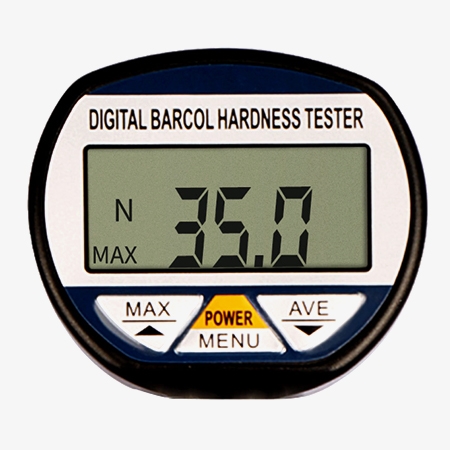
Digital Display
- Easy-to-Read Display. The digital display offers clear, real-time readouts of hardness values, eliminating the need for manual interpretation. Users can view the results instantly.
- Improved Accuracy and Precision. Barcol hardness tester with digital display provides highly accurate and repeatable readings. The digital system reduces human errors commonly associated with reading an analog dial or pointer indicator.
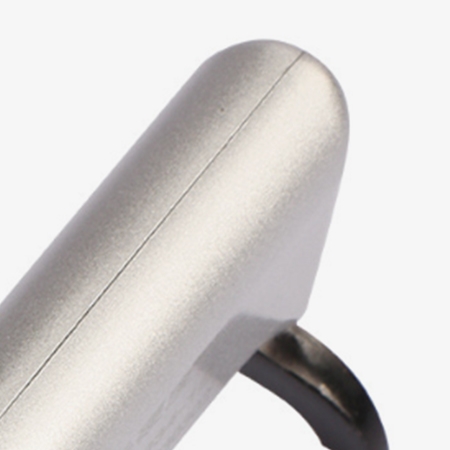
Digital Barcol Tester Adopts Aluminum Alloy Body
- Lightweight and Portable. One of the key benefits of an aluminum alloy body is its lightweight nature. Compared with testers made of steel or other dense materials, an aluminum-bodied Barcol hardness tester is much easier to carry and handle.
- Strong and Durable Structure. Despite its light weight, aluminum alloy provides excellent mechanical strength. It ensures long-term stability of the instrument. This combination of lightness and toughness makes digital Barcol hardness tester suitable for both industrial and laboratory environments.
- Corrosion and Wear Resistance. Aluminum alloy naturally forms a protective oxide layer that prevents corrosion, even in humid or harsh conditions. The material also resists surface wear, maintaining its appearance and functionality over time.
Applications
SISCO's Barcol hardness tester is mainly used to test the hardness of aluminum and aluminum alloys. It can also test the hardness of other soft metals and glass steel products. In composite materials manufacturing, especially in aerospace and automotive sectors, the tester is used to assess curing quality and uniformity of fiber-reinforced plastics.
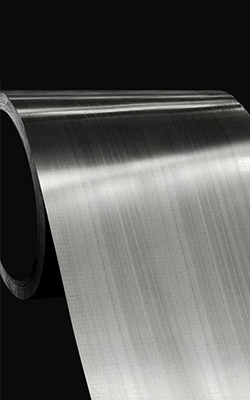
Aluminum Sheet
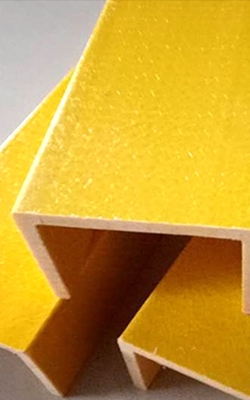
Fiberglass

Hard Plastic

Aluminum Alloy
| Model | SISCO-HT-934-1S |
| Hardness Value Conversion | HBa, HB, HV, HW, HRB, HRE, HRF, HRH |
| Measurement Range | 0~100HBa (Effective measurement range equivalent to 25~135HBW) |
| Resolution | 1.0HBa |
| Indication Error | 81~88 HBa ±1 HBa 42~48 HBa ±2 HBa |
| Repeatability Error | 81~88 HBa ±1.5 HBa 42~48 HBa ±2.5 HBa |
| Power Supply | 3V (CR2032) |
| Wokring Temperature | 0~40℃ |
| Humidity | ≤80%RH |
| Dimension | 150*110*60mm |
| Weight | 550g (main unit); 2kg (a whole set) |
Structure:
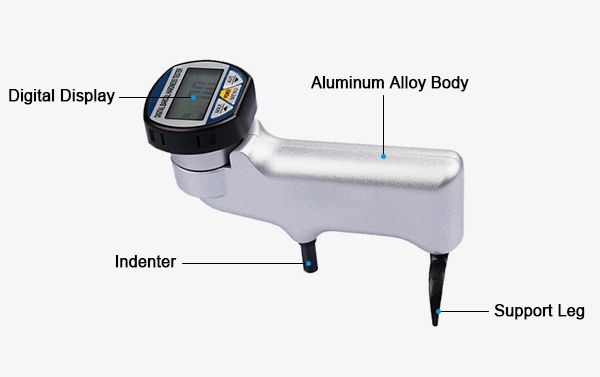
Q1: What is a Barcol hardness tester?
A1: A Barcol hardness tester is a handheld device used to measure the hardness of soft metals, plastics, composites, and other materials. It operates using a spring-loaded indenter that presses into the material's surface, and the depth of penetration determines the hardness value. The device provides a quick, and convenient method for assessing material strength, especially in production and quality control environments.
Q2: What maintenance is required for a Barcol hardness tester?
A2: First, the Barcol tester should be kept clean and free of dust or debris. Store the tester in a protective case when not in use to prevent physical damage. Avoid exposing it to extreme temperatures, humidity, or corrosive environments. Finally, handle the tester carefully, avoiding dropping or applying excessive force.
Q3: What are the types of Barcol hardness tester?
A3: Barcol hardness testers are primarily used to measure the hardness of soft metals and plastics. There are two main types: analog (dial/pointer type) and digital.
- Analog/Pointer Barcol Hardness Tester: Uses a mechanical dial and pointer to display hardness values. It's simple, reliable, and doesn't require batteries, but reading precision depends on user observation.
- Digital Barcol Hardness Tester: Equipped with a digital display for direct reading of hardness values. It offers higher accuracy, easy data recording.
Tips: What type of battery does this digital Barcol hardness tester use?
The digital Barcol hardness tester uses a CR2032 coin battery, a small, lightweight, and long-lasting power source. This type of battery is widely used in compact electronic devices due to its reliability and stable voltage output of 3 volts. Users should handle the battery carefully, avoid short-circuiting, and properly dispose of used batteries to maintain safety and environmental standards.
Thank you for buying industrial test and measurement equipment on SISCO.com, all products sold by SISCO and the partner cover a 12 months warranty, effective from the date of receiving the products.
What is covered?
SISCO is responsible for providing free spare parts, and free technical support to assist the customer to repair the defective products until the problem is solved.
What is not covered?
- Product purchased from anyone other than a SISCO store or a SISCO authorized reseller.
- Expendable parts.
- Routine cleaning or normal cosmetic and mechanical wear.
- Damage from misuse, abuse or neglect.
- Damage from use of parts other than SISCO approved.
- Damage from use outside the product’s usage or storage parameters.
- Damage from use of parts not sold by SISCO.
- Damage from modification or incorporation into other products.
- Damage from repair or replacement of warranted parts by a service provider other than a SISCO authorized service provider.
- Damage caused by the application environment not meeting the product usage requirements and the failure to perform preventive maintenance.

